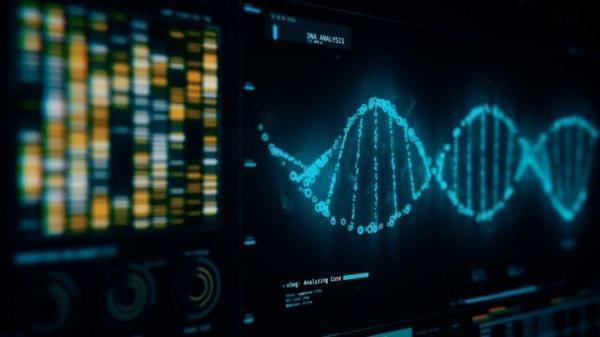Illinois Supreme Court Asked To Limit Lawsuits Over Biometric Privacy Violations

NASA's Marshall Space Flight Center/Flickr (CC-BY-NC)
The Illinois Supreme Court on Tuesday heard its first-ever case on Illinois’ tough biometric privacy law, which imposes restrictions on the collection of things like retina scans and fingerprints.
At issue is whether people can sue just for having their information collected.
The story begins with an eighth-grade trip to Six Flags Great America.
In order to get a season pass to the amusement park, 14-year-old Alexander Rosenbach had his thumbprint scanned.
Family lawyer Phillip Bock argues that under Illinois’ biometric privacy law, that’s enough to sustain a lawsuit.
“You have a property right in your own personal biometrics,” Bock told the justices during oral arguments on Tuesday. “These things have value. Taking them without consent is a type of theft — it’s a type of taking of property.”
The plaintiffs say there are no fines or criminal penalties for violating the law — and filing lawsuits is the only way to enforce it.
But Six Flags says Rosenbach wasn’t really wronged just by having his thumbprint scanned. It says the courts should only allow lawsuits from people who’ve been “aggrieved” by a violation.
A lower court agreed with that interpretation, but privacy-focused interest groups, like the ACLU, say that would “gut” the law and leave Illinoisans with no way to enforce their biometric privacy rights.
Links
- Lawmakers Looking At How Public Schools Handle Private Data
- Facebook Privacy Concerns; O’Hare Expansion; Congressman Rodney Davis
- Illinois Issues: The Battle Over Transparency And Privacy In The Digital Age
- High School Graduates Leaving Illinois; Online Privacy & ‘Right To Know’; Crop Insurance
- Illinois Legislators Take Up Internet Privacy

